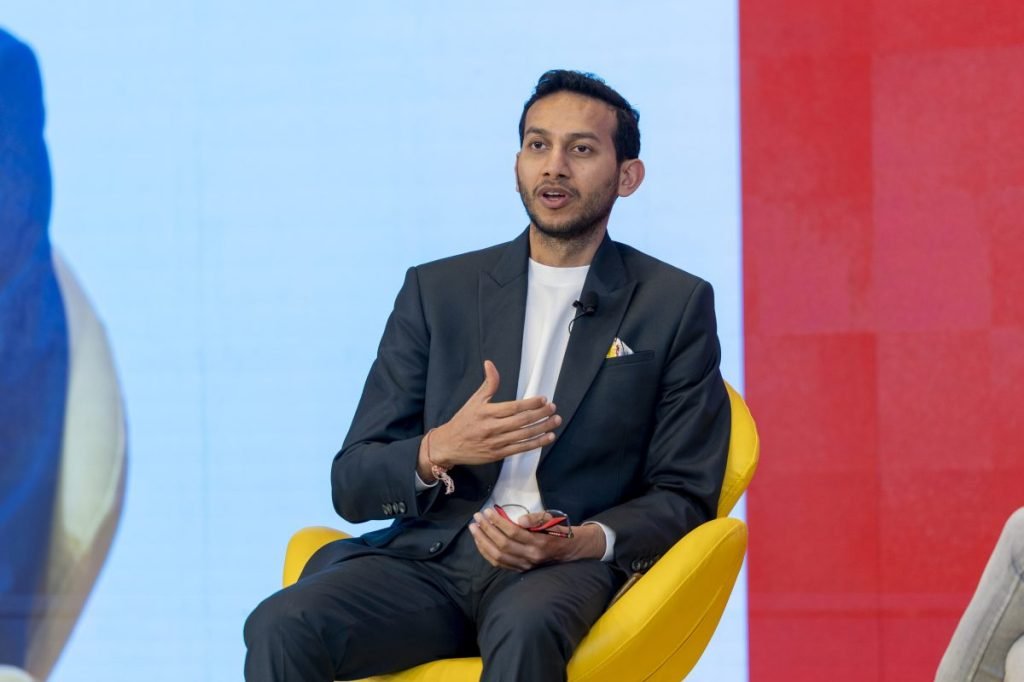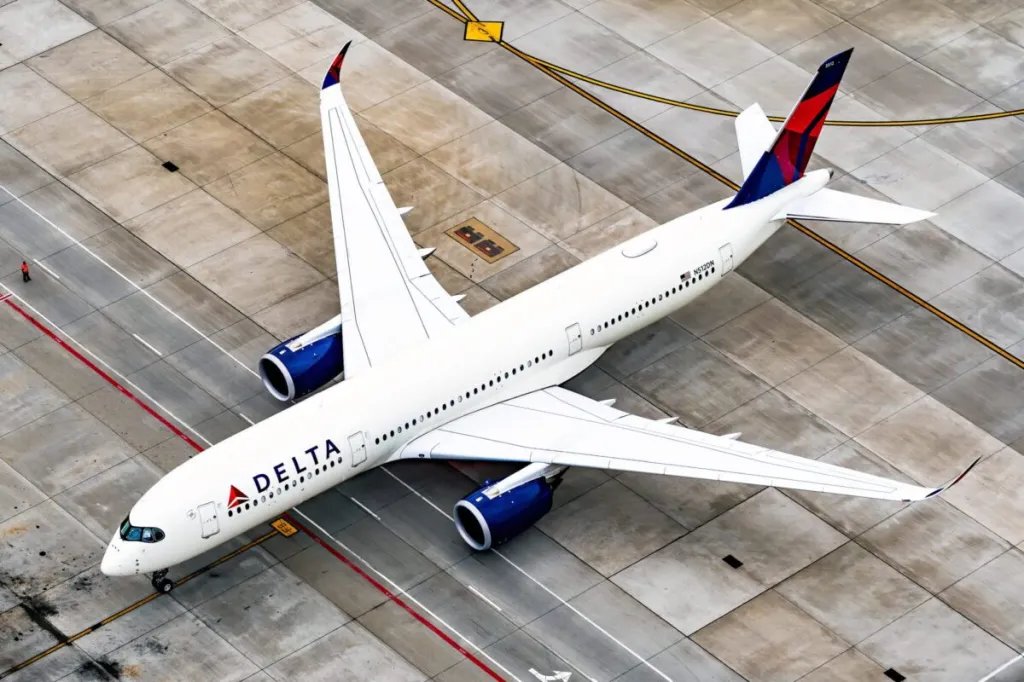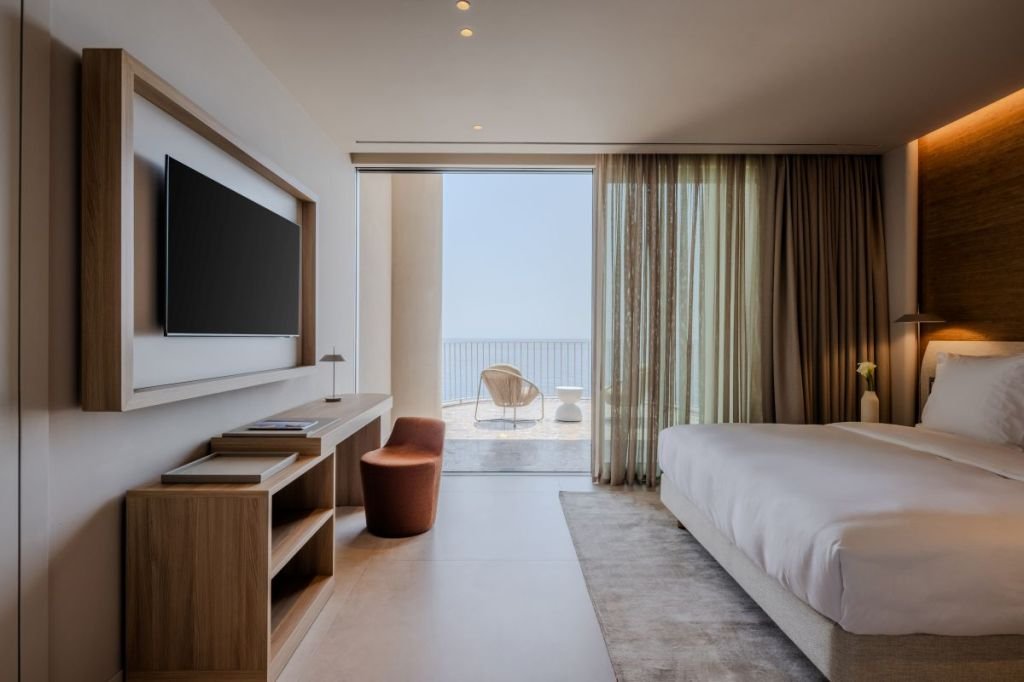Travel Market Insights
Oyo Buys Airbnb Management Platform MadeComfy for Over $50 Million

Indian hospitality company Oyo has bought Australian short-term rental platform MadeComfy in a deal valued at over $50 million. This marks Oyo’s entry into the Australia and New Zealand market, expanding its already global presence and adding to its growing list of acquisitions.
Last year, Oyo acquired the Motel 6 and Studio 6 hotel brands in U.S. from Blackstone for $525 million in an all-cash deal.
A source confirmed to Skift that the MadeComfy acquisition was made in a cash-and-stock agreement through vacation rental platform – Belvilla by Oyo. The approval came through a extraordinary general meeting of Oyo parent Oravel Stays, which passed the deal unanimously.
About MadeComfy
MadeComfy was started in 2015 by Quirin and Sabrina Schwaighofer, a husband-and-wife team to help landlords rent out their properties on sites like Airbnb, Booking.com, and Stayz. The platform not only lists the properties but also helps with things like price changes, guest check-ins, and even arranging photographers and cleaners to make the listings more appealing.
The company has been operating in Australia and recently expanded into New Zealand. It currently manages more than 1,300 properties and works with nearly 100 real estate agencies.
Oyo plans to keep the MadeComfy brand and retain Quirin and Sabrina Schwaighofer as co-chief executives. The goal is to expand across Australia and New Zealand, and potentially into other countries where Oyo already operates.
MadeComfy’s Financials
This is reportedly the second-largest deal in Australia’s short-term rental tech sector. The biggest was when HomeAway bought Stayz for $220 million in 2013. It also beats Next Capital’s $48.2 million purchase of Alloggio in 2023.
MadeComfy had raised around $20 million from investors over the years. These included Commencer Capital and BridgeLane. The company nearly collapsed during the pandemic when travel halted overnight, but it managed to survive and bounce back.
In 2023, a $10 million fundining helped MadeComfy with a tech and analytics upgrade, and supported its expansion to New Zealand.
“Over the past decade, we’ve built MadeComfy into a platform that truly understands the dynamics of short-term rentals in Australia and New Zealand,” Quirin Schwaighofer, co-founder and co-CEO of MadeComfy, said in a release.
“Joining forces with Oyo gives us the global scale and technology muscle to take that vision further, faster.”
Australian law firm Maddocks advised MadeComfy on the deal. “This was a complex, cross-border transaction, and we were proud to see a successful outcome achieved,” said Rahil Patel, corporate partner of Maddocks.
As the travel industry recovers and grows, companies like Oyo are betting that well-run, tech-enabled platforms like MadeComfy will play a big role in the future of short-term stays.
The travel industry’s top event returns this fall.
September 16-18, 2025 – NEW YORK CITY
Travel Market Insights
How Hotel Companies in India are Expanding Through Multi-Property Deals

Hotel chains in India are increasingly moving away from signing individual properties in favor of multi-property development agreements. This shift comes as the country’s hospitality industry experiences rapid growth driven by rising demand.
The Indian hotel sector is expected to cross INR 1 trillion ($11.7 billion) by the end of the current financial year and reach INR 1.1 trillion ($13 billion) by 2026-27, according to risk management and monitoring platform Rubix Data Sciences.
Occupancy rates are also increasing, projected to reach 73% by 2026-27, up from 68% in fiscal 2024 and significantly higher than the pandemic low of 35%. This is largely due to demand consistently outstripping supply.
This demand-supply imbalance is a critical factor driving long-term strategies across the sector.
Hyatt Hotels CEO Mark Hoplamazian noted that limited supply growth relative to demand is a global trend, including in India. “This is a positive attribute,” he said.
Accor chairman and CEO Sébastien Bazin called India “an untapped market.” He said there are less than 200,000 brand
Travel Market Insights
Delta Says It Will Not Use AI to Target Customers

Key Points
- Delta Air Lines clarified it does not use AI to set individualized airfares based on personal data, following criticism from lawmakers.
- The airline uses AI, via a partnership with Fetcherr, to assist in dynamic pricing for a growing portion of its domestic flights, but claims all fares are determined by market dynamics and are publicly available.
- Lawmakers and officials have expressed concerns about potential predatory or ‘surveillance’ pricing, prompting Delta to stress its commitment to fair, competitive pricing and data privacy.
Summary
Delta Air Lines has publicly stated that it does not use AI to set individualized prices based on personal customer data, responding to recent criticism and inquiries from U.S. lawmakers. The airline acknowledged using AI technology, through a partnership with Fetcherr, to assist analysts in setting fares for a portion of its domestic flights, with plans to expand this use. However, Delta emphasized that fares are determined by market competition, not personal data, and all prices are transparently published, aiming to dispel concerns about privacy and potential predatory pricing.
Travel Market Insights
U.S. Dollar Slide Hurts Accor, Minor, and Meliá

Some of the world’s largest hotel companies saw their earnings dented by currency swings in the first half of 2025, as euro and baht-reporting groups absorbed losses while U.S.-based chains appeared largely insulated from the volatility.
Accor, Meliá Hotels, and Minor International all reported currency-related losses that offset solid operational performance. Meanwhile, U.S.-based Hilton and Wyndham, which report in dollars, did not mention foreign exchange impacts in their earnings calls and appeared shielded from the same pressures.
The U.S. dollar index dropped 10.8% in the first half of 2025 following the Trump administration’s April tariffs and public clashes with the Federal Reserve. The resulting investor pullback caused the dollar to weaken sharply against the euro, baht, and other currencies.
Accor: Currency Among Its Biggest Headwinds
Paris-based Accor repo
-

 Brand Stories2 weeks ago
Brand Stories2 weeks agoBloom Hotels: A Modern Vision of Hospitality Redefining Travel
-

 Brand Stories1 week ago
Brand Stories1 week agoCheQin.ai sets a new standard for hotel booking with its AI capabilities: empowering travellers to bargain, choose the best, and book with clarity.
-

 Destinations & Things To Do2 weeks ago
Destinations & Things To Do2 weeks agoUntouched Destinations: Stunning Hidden Gems You Must Visit
-

 Destinations & Things To Do1 week ago
Destinations & Things To Do1 week agoThis Hidden Beach in India Glows at Night-But Only in One Secret Season
-

 AI in Travel2 weeks ago
AI in Travel2 weeks agoAI Travel Revolution: Must-Have Guide to the Best Experience
-

 Brand Stories1 month ago
Brand Stories1 month agoVoice AI Startup ElevenLabs Plans to Add Hubs Around the World
-

 Brand Stories3 weeks ago
Brand Stories3 weeks agoHow Elon Musk’s rogue Grok chatbot became a cautionary AI tale
-

 Asia Travel Pulse1 month ago
Asia Travel Pulse1 month agoLooking For Adventure In Asia? Here Are 7 Epic Destinations You Need To Experience At Least Once – Zee News
-

 AI in Travel1 month ago
AI in Travel1 month ago‘Will AI take my job?’ A trip to a Beijing fortune-telling bar to see what lies ahead | China
-

 Brand Stories2 weeks ago
Brand Stories2 weeks agoContactless Hospitality: Why Remote Management Technology Is Key to Seamless Guest Experiences











You must be logged in to post a comment Login